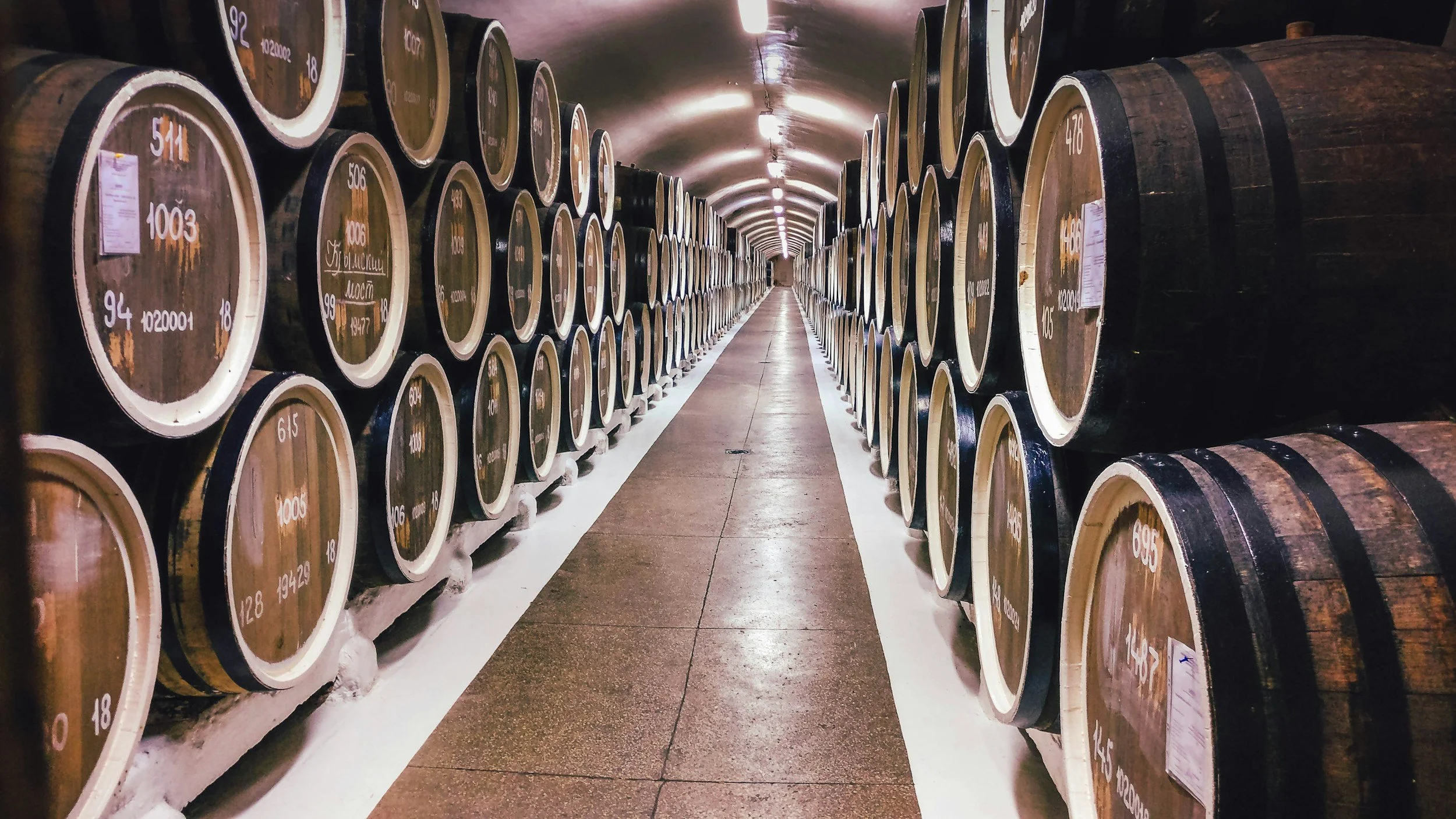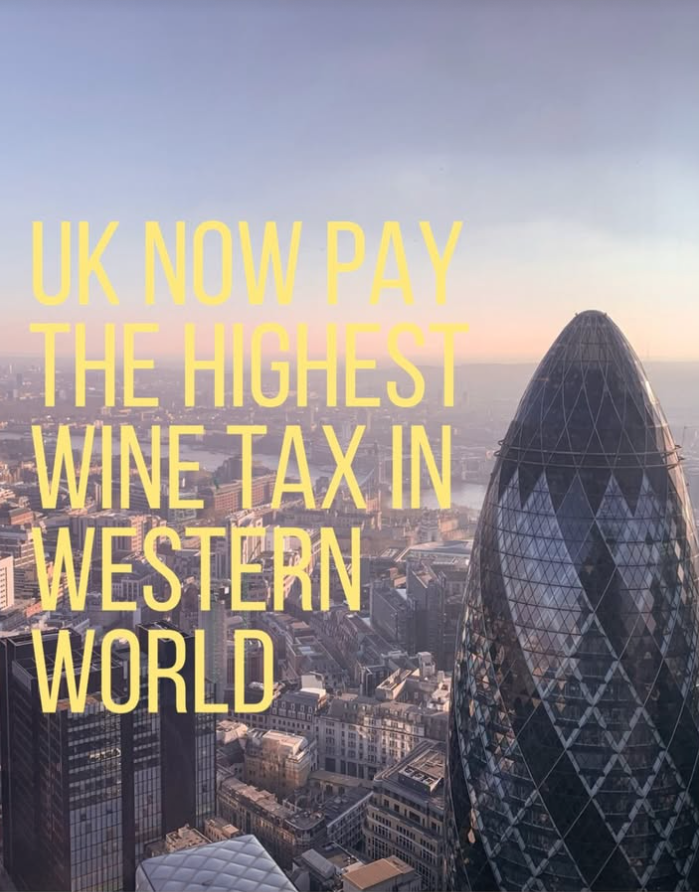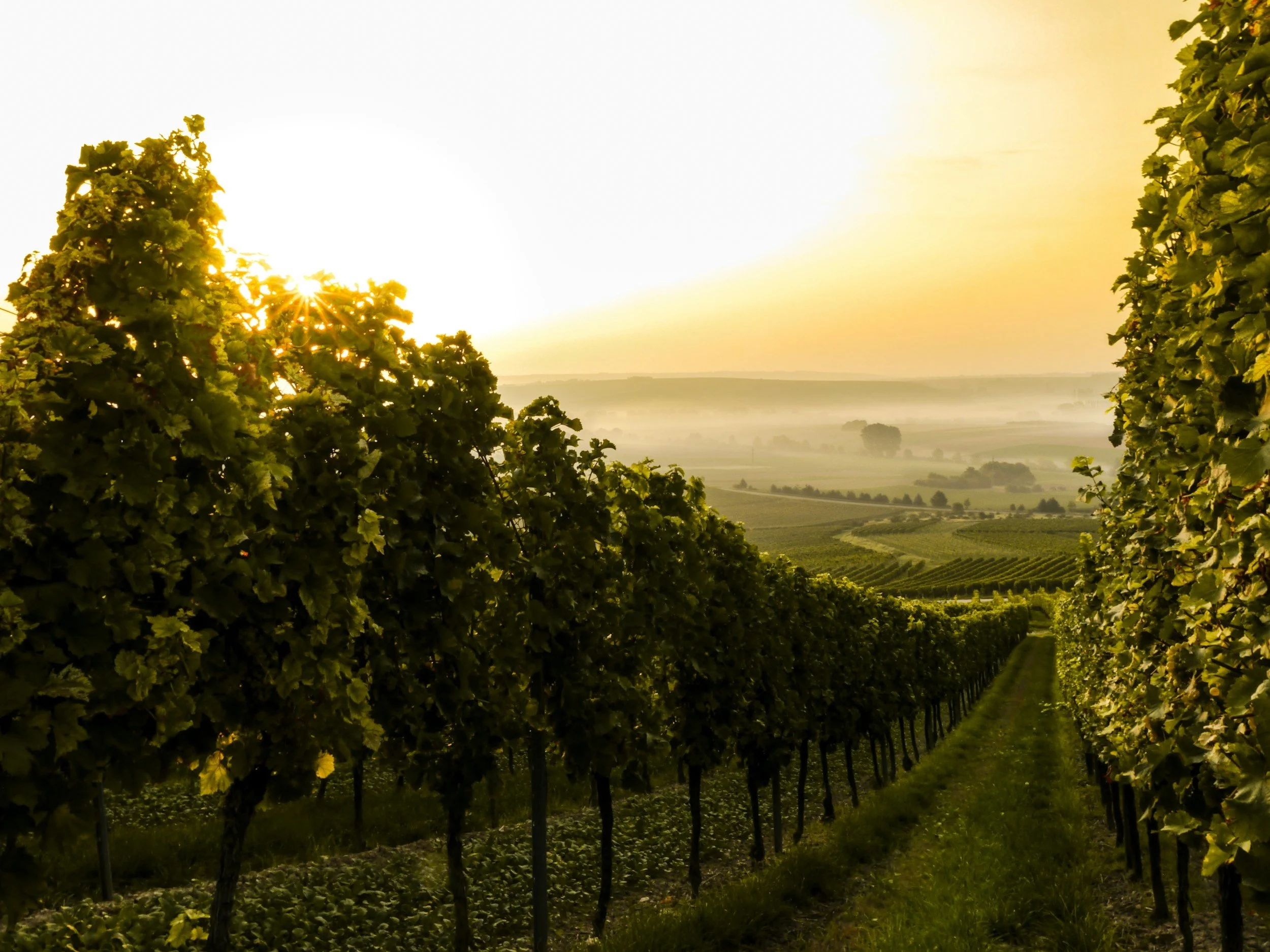EU Lawmakers Back New Rules to Legalize and Label Alcohol-Free Wine
Agriculture Committee vote receives strong backing; Copa and Cogeca welcome reforms but urge further changes in trilogue talks
Brussels, November 6, 2025 — The European Parliament’s Agriculture Committee has voted overwhelmingly to adopt new rules aimed at modernizing how wine is labeled and marketed across the European Union — including, for the first time, a legal framework for alcohol-free and reduced-alcohol wines.
The committee approved the report on Wednesday with 43 votes in favor, none against, and two abstentions, signaling strong cross-party support for what lawmakers describe as a long-overdue modernization of EU wine policy. The decision is seen as a key milestone for a sector facing mounting challenges from shifting consumer trends, climate pressures, and global competition.
Clearer Labels for Low- and No-Alcohol Wines
A central element of the reform concerns the labeling of wines with low or no alcohol content. Under the proposed rules:
Wines containing less than 0.05% alcohol by volume (ABV) may be labeled “alcohol-free”, provided they also display “0.0%” on the label.
Wines with an ABV of 0.5% or higher, but at least 30% lower than the usual strength for their category, may be labeled “reduced alcohol.”
Lawmakers say these changes are designed to give consumers clearer information while allowing producers to respond to growing demand for alcohol-free alternatives.
“This is about transparency, innovation, and competitiveness,” said one committee member after the vote. “European wine must evolve with consumers’ lifestyles without losing its identity.”
Copa and Cogeca Welcome Progress, Call for Balanced Final Deal
The Agriculture Committee also approved a series of amendments to the EU Wine Package on Tuesday evening, drawing praise from Copa and Cogeca, two major organizations representing European farmers and agri-cooperatives.
The vote, passed with a large majority in Brussels, was described by the groups as an important step for the European wine sector. However, they stressed that additional refinements will be needed during upcoming trilogue negotiationsbetween the Parliament, Council, and Commission to ensure the final legislation is balanced and effective.
Among the improvements highlighted by Copa and Cogeca are extended deadlines for promotional activities and increased support for wine tourism, both seen as vital for boosting the visibility and competitiveness of EU wines in export markets.
They also welcomed higher co-financing rates for crisis management tools — including grubbing-up schemes, green harvesting, and distillation — which they say are essential to help producers manage market volatility and recover from difficult seasons.
Another measure applauded by the organizations is the simplified procedure for authorizing new vineyard plantings, aimed at making it easier for growers to renew and modernize vineyards across Europe.
Despite the positive developments, Copa and Cogeca expressed concerns about new restrictions on support programs for producers already receiving crisis aid. While they agree on preventing double payments, they warned that overly strict limits could discourage innovation and hinder adaptation in a rapidly changing market.
They also voiced opposition to proposed yield limits on replanted vineyards, arguing that such rules would be impractical, harm regional economies, and create unnecessary bureaucracy.
Copa and Cogeca acknowledged progress in defining low-alcohol wines but urged lawmakers to clearly differentiate between dealcoholized wines and naturally low-alcohol varieties during trilogue discussions.
As negotiations approach, the organizations are calling on EU institutions to preserve the Parliament’s improvements, emphasizing the need for flexibility, strong crisis management tools, and robust promotional support to keep Europe’s wine sector competitive and resilient.
Part of a Broader “Wine Package” Reform
The reforms are part of the EU’s wider “wine package”, which updates three key laws:
the Common Market Organisation Regulation,
the CAP Strategic Plans Regulation, and
the Aromatised Wine Products Regulation.
The European Commission presented the package on March 28, 2025, following recommendations from a High-Level Group on Wine Policy. The group urged the EU to align wine production with evolving consumer demand, strengthen resilience against climate and market shocks, and encourage innovation within the industry.
Next Steps
The Agriculture Committee’s negotiating mandate is expected to be confirmed at the European Parliament’s plenary session on November 12–13, 2025. If approved, formal trilogue talks with the Council are scheduled to begin on December 4.
Across Europe, winemakers are watching closely. Many see the reforms as a gateway to new markets and consumers, particularly among younger and health-conscious demographics. Others remain cautious, warning that the inclusion of dealcoholized wines must not dilute the cultural and quality standards that define European wine.
A Turning Point for European Wine
Although the final outcome remains to be negotiated, this week’s votes mark a turning point for EU wine policy. By recognizing alcohol-free and reduced-alcohol wines within the legal framework, the European Union is signaling a shift toward innovation and consumer choice — while seeking to preserve the heritage and excellence that have long defined its vineyards.




